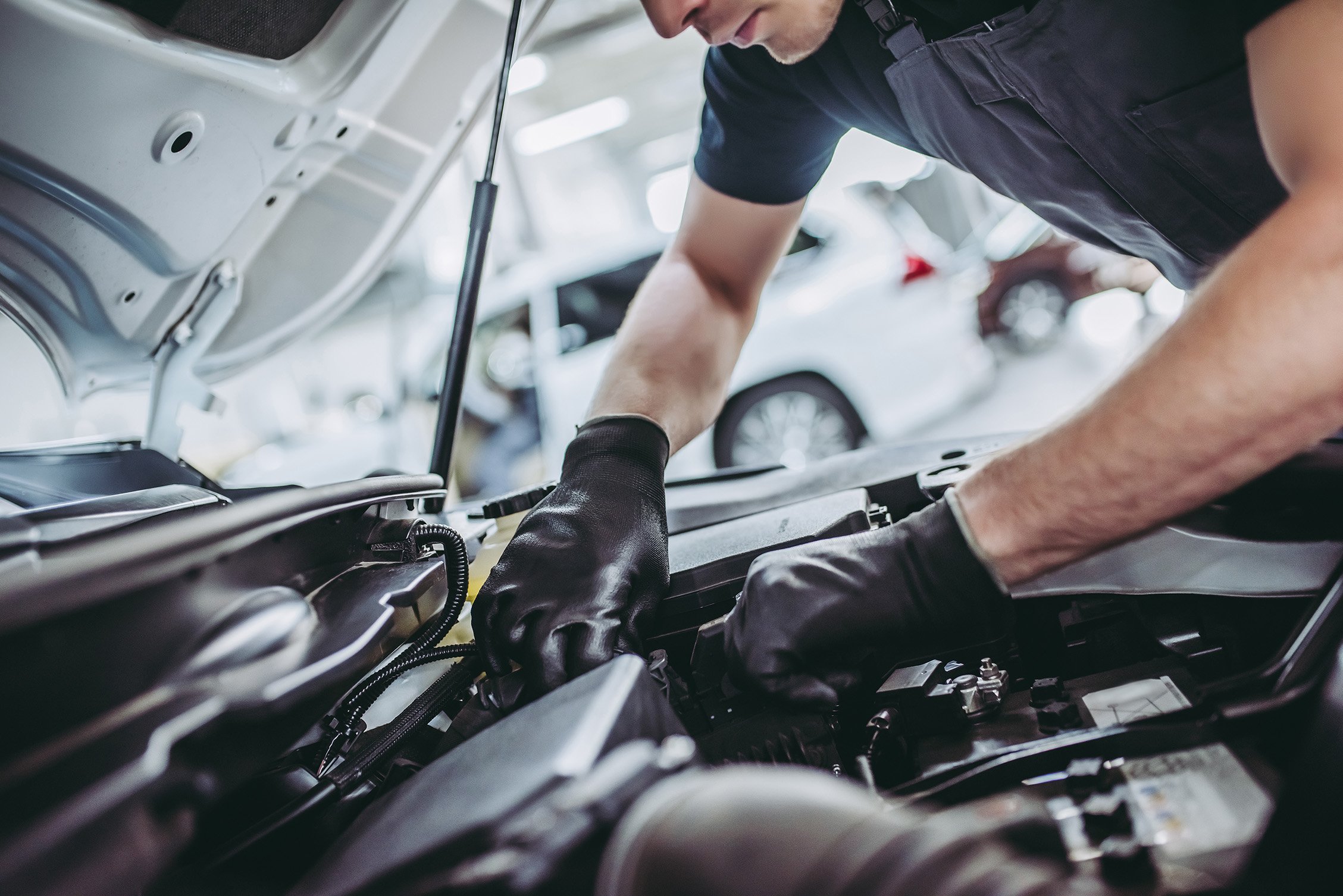All Categories
Featured

Modern automobiles are equipped with advanced engine control units (ECUs) that keep track of and regulate different parts of the engine. Engine diagnostics is a powerful tool that permits technicians to identify issues early, assisting stop significant repairs and ensuring the durability of your automobile.
- What Are Engine Diagnostics? Engine diagnostics refer to the procedure of making use of specialized devices to check and examine the performance of a lorry's engine. The diagnostic system within a cars and truck gathers information from sensors situated throughout the engine and various other important components, such as the transmission, exhaust, and gas system. This information is after that refined by the lorry's onboard computer system, which can spot malfunctions or irregularities.
Technicians can connect a diagnostic tool, usually an OBD-II (Onboard Diagnostics) scanner, to your auto's ECU to obtain error codes and real-time information. These codes suggest specific areas where the engine or other components might be experiencing concerns, even prior to cautioning lights or performance modifications are obvious to the chauffeur.
- Identifying Problems Early. Among one of the most substantial advantages of engine diagnostics is the capability to recognize troubles early, commonly before they rise right into major problems. Tiny problems, such as a misfiring stimulate plug, a damaged sensing unit, or an ineffective fuel injector, can gradually aggravate if left unattended. With very early discovery through engine diagnostics, technicians can address these minor issues before they trigger substantial damage.
For example, if a sensing unit finds that the engine is running too lean or rich (insufficient or too much gas), this can result in increased wear on engine components or poor gas performance. By diagnosing this early, the auto mechanic can adjust the air-fuel blend, avoiding expensive repair work in the future.
- Stopping Engine Damage. In time, problems with the engine's components, such as the timing belt, exhaust system, or cooling down system, can result in severe damages if not addressed promptly. For instance, a getting too hot engine due to a falling short radiator or water pump can trigger considerable inner damage, such as distorted cyndrical tube heads or a blown gasket. Diagnosing issues early with the engine diagnostics system can prevent these situations from advancing to disastrous engine failing.
The analysis system can also spot concerns with the exhaust system, such as a malfunctioning catalytic converter, which might lead to bad engine performance and ultimate engine damages otherwise fixed.
- Decreasing Fixing Costs. By identifying and attending to minor concerns early, engine diagnostics can conserve you substantial cash on repair services. When problems are caught early, repairs often tend to be less complex and extra cost effective. Replacing a malfunctioning oxygen sensor or cleansing a stopped up fuel injector is relatively cost-effective compared to changing a whole engine due to overlook.
In addition, engine diagnostics assist prevent unnecessary repairs by identifying the precise cause of the trouble. Without diagnostics, technicians might have to execute substantial screening and trial-and-error methods to detect the issue, which can enhance both time and price.

- Improving Lorry Efficiency and Performance. Another advantage of routine engine diagnostics is that it aids improve your car's performance and gas effectiveness. If the engine is running smoothly and all systems are operating efficiently, you will certainly experience far better acceleration, smoother driving, and increased fuel economic climate. Engine diagnostics can expose problems such as a clogged up air filter, a malfunctioning mass air flow sensor, or a damaged trigger plug that can impede your car's efficiency.
For instance, a malfunctioning thermostat could cause your engine to get too hot or otherwise reach its optimal operating temperature level. An analysis check will certainly assist identify this concern early, preventing overheating and ensuring your vehicle runs at its best.
- Why Routine Diagnostics Matter. While several vehicle drivers might think about engine diagnostics as something to do only when the "check engine" light appears, normal diagnostics should belong to routine automobile upkeep. Several automobile repair work shops and dealerships supply analysis checks as component of a yearly service or tune-up. Routine analysis scans assist catch concerns before they create noticeable signs or break downs, ultimately protecting against significant fixings in the future.
It is additionally worth keeping in mind that if you're intending to sell or trade-in your vehicle, having a current engine analysis report can be valuable. Potential buyers or car dealerships may be a lot more inclined to use a higher trade-in value or purchase cost if they recognize the vehicle has been cost-free and well-maintained of significant engine issues.
- Conclusion. Engine diagnostics play a crucial function in keeping your lorry running successfully and staying clear of pricey repair work. By determining concerns early, preventing engine damages, minimizing repair service costs, and boosting performance, engine diagnostics ensure your cars and truck continues to be reputable for years to come. Routine diagnostic checks as part of your car's routine upkeep will assist you capture little problems prior to they develop into major repair services, giving you peace of mind on the roadway and safeguarding your investment.
Latest Posts
A Hassle-free Method to Offer Your Automobile
Published Apr 21, 25
1 min read
Montclare Auto Repair: Your Reliable Expert for Expert Brake & Engine Fixes
Published Apr 21, 25
2 min read
Check Out Top-Quality Car Maintenance from Car-X St. Louis – Your One-Stop Shop
Published Apr 21, 25
1 min read
More
Latest Posts
A Hassle-free Method to Offer Your Automobile
Published Apr 21, 25
1 min read
Montclare Auto Repair: Your Reliable Expert for Expert Brake & Engine Fixes
Published Apr 21, 25
2 min read
Check Out Top-Quality Car Maintenance from Car-X St. Louis – Your One-Stop Shop
Published Apr 21, 25
1 min read